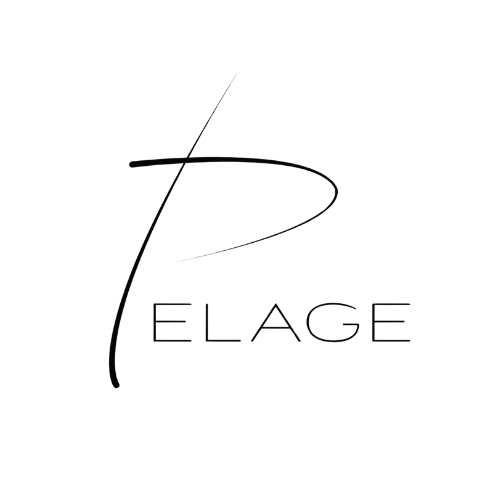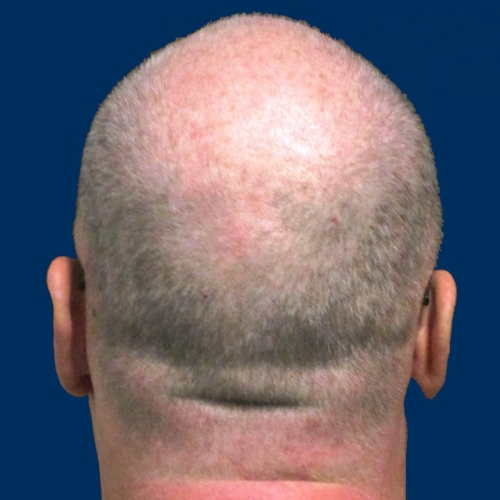Key points from article :
Pelage Pharmaceuticals, a regenerative medicine company based in Los Angeles, has raised $120 million in Series B financing to advance its hair loss therapy, PP405, into late-stage clinical trials. The drug is designed to reactivate dormant hair follicle stem cells, restoring natural hair growth in men and women with androgenetic alopecia, the most common form of hair loss that affects over 80% of men and up to 40% of women during their lifetimes. Unlike existing treatments that target hormones or blood flow, PP405 focuses directly on stem cell activation, representing a potentially transformative approach to hair regeneration.
Founded on discoveries from UCLA, Pelage identified a metabolic switch in hair follicle stem cells that can be targeted to restart the hair growth cycle. PP405, an MPC inhibitor, acts on this switch to awaken inactive stem cells. Interim results from a Phase 2a trial reported in mid-2025 showed the treatment was safe and well tolerated, with early signs of efficacy. Notably, 31% of men with advanced hair loss achieved over a 20% increase in hair density four weeks after treatment, and the drug appeared to stimulate new hair growth from previously inactive follicles.
Pelage CEO Dr. Daniel Gil emphasized that innovation in hair loss treatments has been stagnant for decades and highlighted the need for new FDA-approved options. Following the Phase 2a trial, participants who were originally on placebo joined an open-label extension to assess longer-term safety. Full Phase 2a results are expected next year, after which Pelage plans to initiate Phase 3 trials in 2026.
The $120 million funding round was co-led by ARCH Venture Partners and GV (Google Ventures), with additional participation from Main Street Advisors, Visionary Ventures, and YK Bioventures. Cathy Friedman of GV was appointed Chair of Pelage’s board. Investors praised the company’s rigorous scientific approach and the potential of PP405 to meet the urgent and growing demand for effective hair loss solutions, particularly among women, who currently have very limited FDA-approved treatment options.







